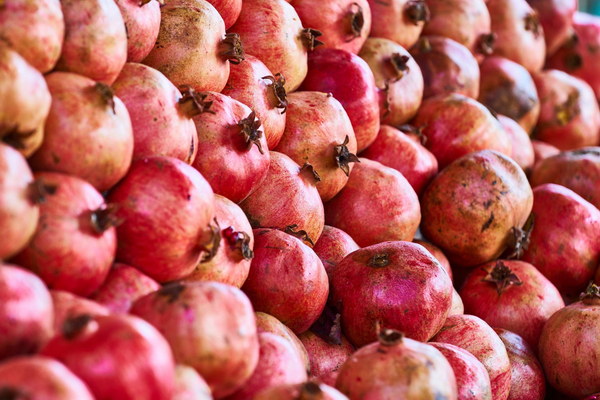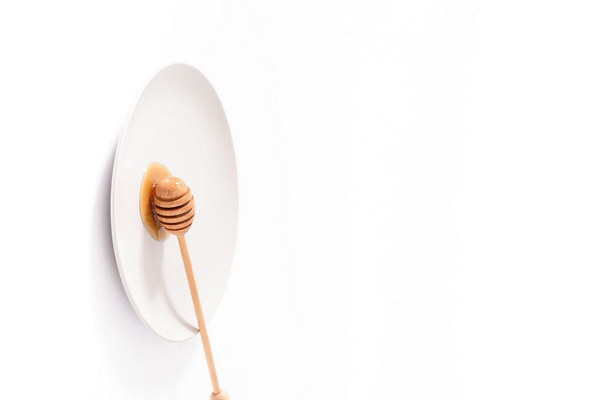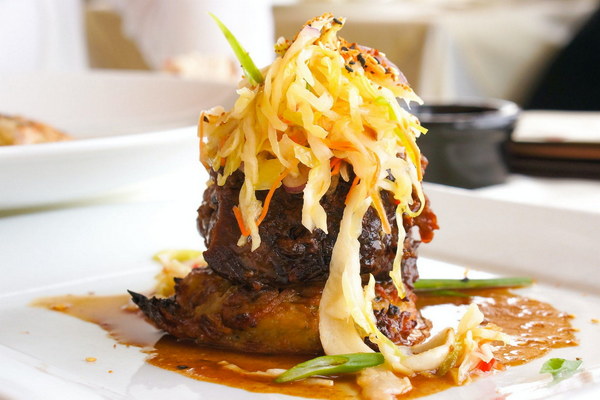Harmony and Balance A Traditional Chinese Medicine Guide to Ovary Health and Well-being
In the realm of Traditional Chinese Medicine (TCM), the health of the ovaries is considered integral to overall well-being and fertility. TCM views the ovaries as the root of the female reproductive system, where the essence and vitality of a woman are stored. To maintain this balance, TCM offers a variety of practices that can help women of all ages maintain their ovarian health. Here’s a comprehensive guide to using TCM to care for your ovaries.
1. Understanding Ovarian Health in TCM
According to TCM, the ovaries are governed by the Kidneys, which are considered the root of life and are responsible for storing the essence of the body. This essence is crucial for fertility, bone health, and overall vitality. A healthy ovarian function is linked to the balance of Yin and Yang, as well as the smooth flow of Qi (vital energy) within the body.
2. Dietary Recommendations
A balanced diet is a cornerstone of TCM health. For ovarian health, it is recommended to include the following in your diet:
- Nourishing Foods: Eat foods that are rich in nutrients such as soy products, nuts, seeds, and grains. These foods are believed to support the Kidneys and enhance fertility.

- Balanced Diet: Consume a variety of fruits, vegetables, and whole grains to ensure a wide range of vitamins and minerals.
- Avoid Excessive Caffeine and Alcohol: Both can disrupt the balance of Yin and Yang and negatively impact the ovaries.
3. Herbal Remedies
TCM utilizes a variety of herbs to support ovarian health. Some commonly used herbs include:
- Dong Quai: Known as the “female ginseng,” Dong Quai is believed to balance hormones and alleviate menstrual symptoms.
- He Shou Wu: This herb is said to replenish the Kidneys and improve fertility.
- Saw Palmetto: Often used to support prostate health, it has also been linked to improvements in ovarian function.
4. Acupuncture
Acupuncture is a key component of TCM and is known to benefit ovarian health. The insertion of fine needles into specific points on the body is believed to unblock Qi and promote balance. Acupuncture can help regulate menstrual cycles, reduce pain during periods, and improve fertility.
5. Meditation and Mindfulness
Stress can have a profound impact on the reproductive system. TCM emphasizes the importance of mental and emotional balance for overall health. Practices such as meditation, yoga, and deep breathing can help reduce stress and improve ovarian health.
6. Exercise
Regular exercise is vital for maintaining overall health and can also have a positive impact on the ovaries. TCM suggests gentle, rhythmic exercises such as tai chi and qigong, which focus on balancing the body’s energy and improving circulation.
7. Avoiding Overexposure to Toxins
TCM warns against the use of harmful chemicals and substances that can disrupt the balance of the body. This includes avoiding exposure to pesticides, endocrine disruptors, and other environmental toxins.
In conclusion, TCM offers a holistic approach to maintaining ovarian health that focuses on the balance of the body’s internal systems. By incorporating dietary changes, herbal remedies, acupuncture, and stress-reduction techniques, women can take steps to ensure their ovaries remain in good health. While TCM should not replace conventional medical treatments, it can be a valuable complement to a woman’s healthcare routine.









